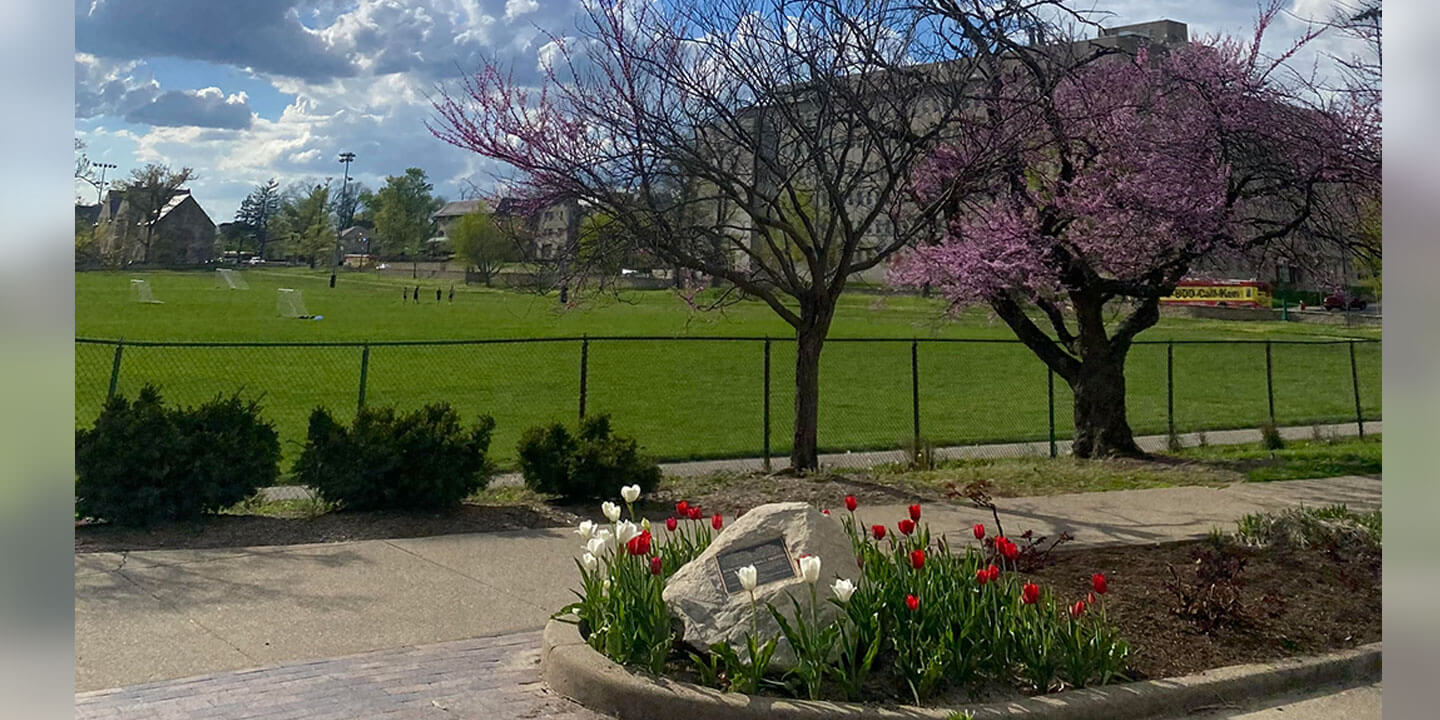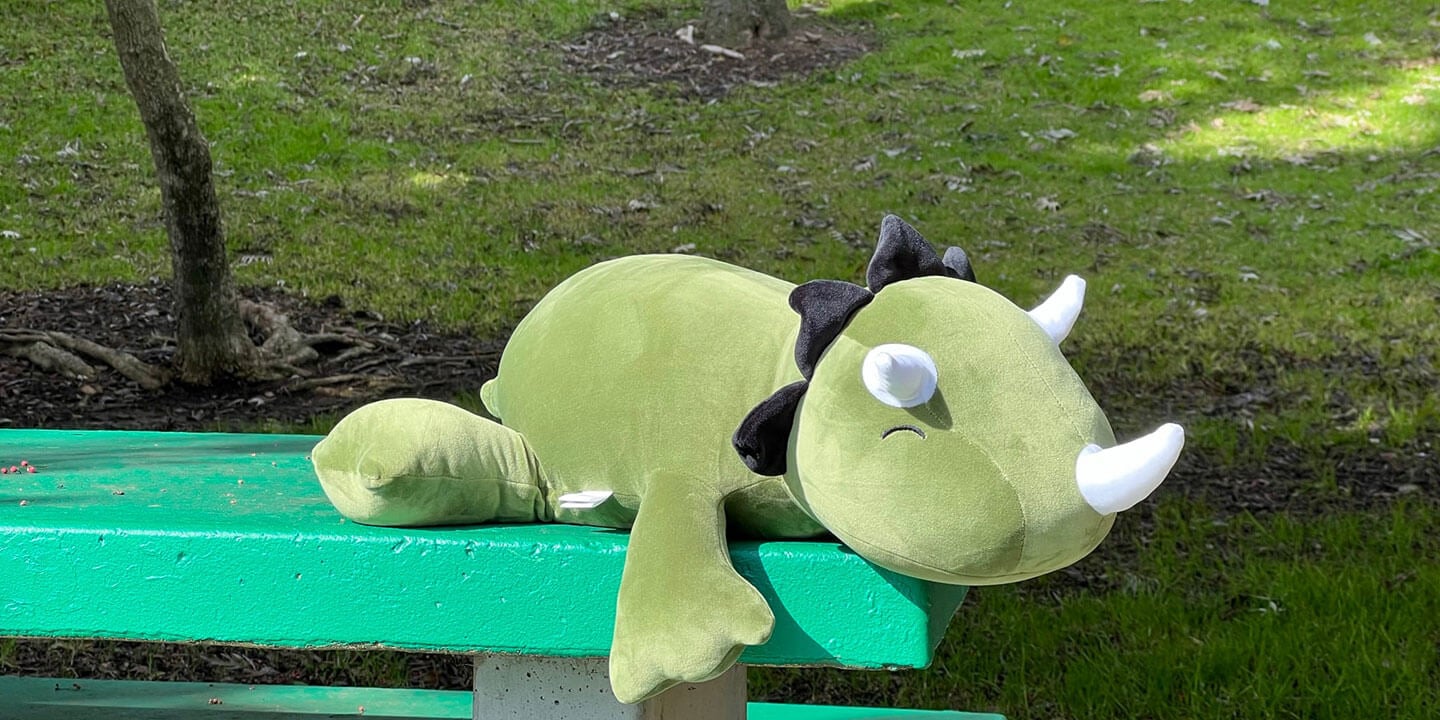
Three Ways to Get a Handle on Stress
College is a great way to continue your education, make new friends, and build relationships and connections that will last you a lifetime. It is truly a place filled with unlimited opportunities. With that being said, college can also be a very stressful place at times. Juggling all your classes and homework may leave you feeling like you're falling behind. And joining extracurriculars definitely enhances the college experience, but if you struggle with time management, you can quickly get overwhelmed with the amount of time and work required on top of your academic demands. Here are a few tips that helped me learn how to manage and ease the stress of college.
Stay Connected
One thing that has really helped me is staying connected with my campus. I came to college thinking that everybody just has it together. I never used to ask for help and just thought I could manage it all on my own. Although you may think that there are no helpful resources out there, a lot of colleges provide free tutoring for almost every subject. Before learning about the tutoring, I would often stress myself out thinking that I would never be able to get the help I needed and would have to figure it out all by myself. However, these tools and resources are free and accessible; all you need to do is ask!
Plot and Scheme
Another tip I have for time management is to start by planning out your days, writing down what you have to do and making a to-do list. If you just keep all of the tasks in your head without properly planning it, it will most likely lead to you forgetting about certain obligations such as not making enough time for homework or not making enough time for yourself. I would recommend starting by getting into the healthy habit of writing and visualizing what your priorities are for the day.
Prioritize Yourself
Last, but not least, you should always prioritize yourself and your well-being. Although college can be stressful, you should never overwork yourself. It’s good to be self-motivated and determined, but you should also give yourself the rest and breaks you need. You’ll be hurting yourself more if you don’t prioritize your mental health. Always take the time to breathe, meditate, clear your mind, or do something that helps you relieve your stress. It can be something as simple as drawing, going on a walk, or cooking! Personally, I found that coloring really helps me clear my mind. Overworking yourself can ultimately result in burning yourself out, which is exactly what you don’t want to do at the end of the day.
Success starts with you, so you should prioritize your well-being! Find a nice planner either physical or digital and plan. Make note of the things you need to do. Keep up to date with student emails and apps. Keep your eyes open to flyers and resources, and just ask around. There wouldn’t be resources if you are the only one struggling. Navigating college with these tips has definitely helped and improved my experience, and I hope that these tips can also help you!
Do you have a compelling story or student success tips you’d like to see published on the Pearson Students blog? If you are a college student and interested in writing for us – click here to pitch your idea and get started!







